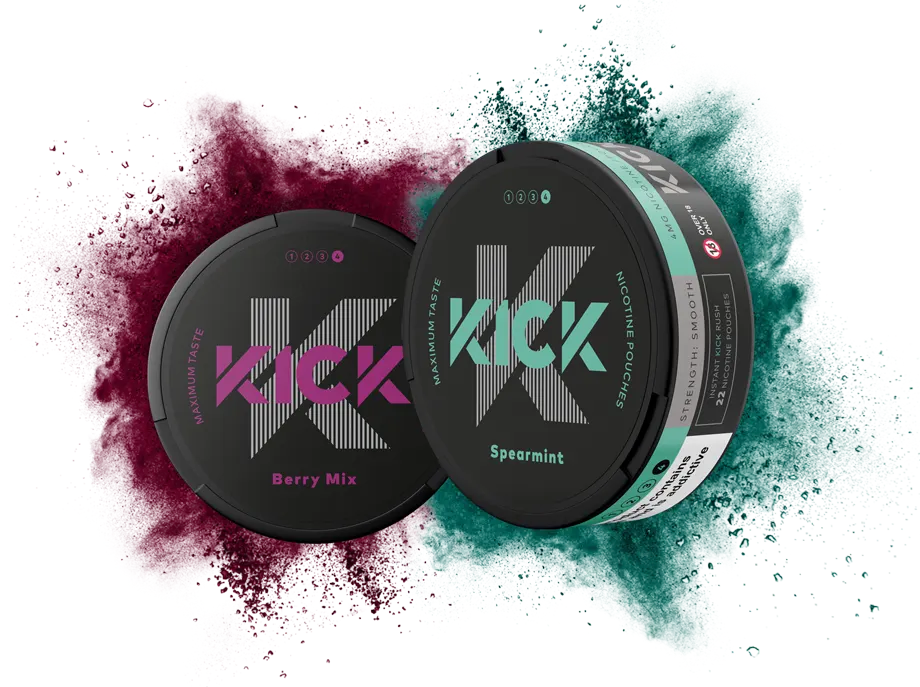In an age where skin health has garnered unprecedented attention, the significance of sun protection stands out as paramount. The harmful effects of ultraviolet (UV) rays are well-documented, and the medical community, particularly dermatologists, emphasizes the necessity of safeguarding the skin from these invisible dangers. Dermatologists’ sun protection guidelines provide essential insights into effective sun safety measures, underscoring the importance of sunscreen use, the necessity of sun safety for skin health, and strategies for protecting skin from UV damage.
Understanding UV Radiation
To appreciate the necessity of sun protection, it is crucial to understand the nature of UV radiation. The sun emits three types of UV rays: UVA, UVB, and UVC. While UVC rays are absorbed by the ozone layer and do not reach the Earth’s surface, UVA and UVB rays pose significant risks. UVA rays penetrate deeply into the skin, leading to premature aging and contributing to the development of skin cancer. Conversely, UVB rays are primarily responsible for sunburn and play a key role in the formation of skin cancers.
Given these facts, the relevance of sun protection becomes evident. Continuous exposure to UV rays without adequate protection can lead to a plethora of skin issues, ranging from cosmetic concerns to severe health complications.
Importance Of Sunscreen Use
Sunscreen is often the first line of defense in a comprehensive sun protection strategy. The importance of sunscreen use cannot be overstated; it serves as a barrier between the skin and harmful UV rays. Dermatologists recommend choosing a broad-spectrum sunscreen with an SPF of at least 30, which effectively protects against both UVA and UVB rays.
How Sunscreen Works
Sunscreens contain active ingredients that either absorb or reflect UV radiation. Chemical sunscreens typically absorb UV rays and convert them into heat, which is then released from the skin. In contrast, physical (or mineral) sunscreens, containing zinc oxide or titanium dioxide, sit on the skin’s surface and physically block UV rays. Each type has its advantages, and the choice between them often depends on personal preference, skin type, and specific sensitivities.
Application Tips
For maximum efficacy, dermatologists recommend applying sunscreen generously and uniformly to all exposed skin at least 15 minutes before sun exposure. It is essential to reapply every two hours, or more frequently if swimming or sweating. Despite the cloud cover, up to 80% of UV rays can penetrate the clouds, making it imperative to apply sunscreen even on overcast days.
Sun Safety For Skin Health
Adopting sun safety measures is integral to maintaining skin health. While sunscreen is a vital component, it should be part of a multifaceted approach to sun protection. Sun safety for skin health involves several strategies:
Seek Shade
When the sun is at its peak intensity, typically between 10 AM and 4 PM, seeking shade can provide significant protection. Finding cover under trees, umbrellas, or canopies can greatly reduce direct UV exposure.
Wear Protective Clothing
Clothing acts as an additional barrier against UV rays. Dermatologists recommend wearing tightly woven fabrics that cover the arms and legs. Long-sleeved shirts, wide-brimmed hats, and UV-blocking sunglasses can further shield sensitive areas of the skin.
Avoid Tanning Beds
Tanning beds emit UVA rays, which are known to cause skin damage and increase the risk of developing skin cancer. Dermatologists strongly advise against using tanning beds, as the risks far outweigh any temporary aesthetic benefits.
Protecting Skin From UV Damage
While preventive measures are essential, understanding how to mitigate damage after UV exposure is equally important. Protecting skin from UV damage requires both immediate and long-term strategies.
Immediate Care After Sun Exposure
If you have overexposed your skin to the sun, immediate care is crucial. Taking cool baths or showers can alleviate the discomfort of sunburn. Applying soothing lotions that contain aloe vera or other calming ingredients can help promote healing and alleviate pain. Hydration is also key; drinking plenty of water can assist in the skin’s recovery.
Long-Term Skin Care
Incorporating antioxidants into your skincare regimen can combat oxidative stress caused by UV exposure. Ingredients such as vitamin C and vitamin E can help repair and rejuvenate damaged skin. Additionally, regular visits to a dermatologist for skin checks can aid in the early detection of potential skin cancers and other related issues.
Conclusion
The importance of sun protection cannot be overstated, as it plays a vital role in preserving skin health and preventing serious health complications. Adhering to dermatologists’ sun protection guidelines is paramount for everyone, regardless of skin type or tone. By recognizing the importance of sunscreen use, implementing effective sun safety for skin health, and actively protecting skin from UV damage, individuals can enjoy the sun responsibly while minimizing their risk of skin-related issues. The road to healthy skin is paved with diligent sun protection—making it an essential habit for life.





More Stories
The Connection Between Dermatology And Overall Health
The Role Of Dermatologists In Skin Cancer Prevention
How To Manage Chronic Skin Conditions With A Dermatologist